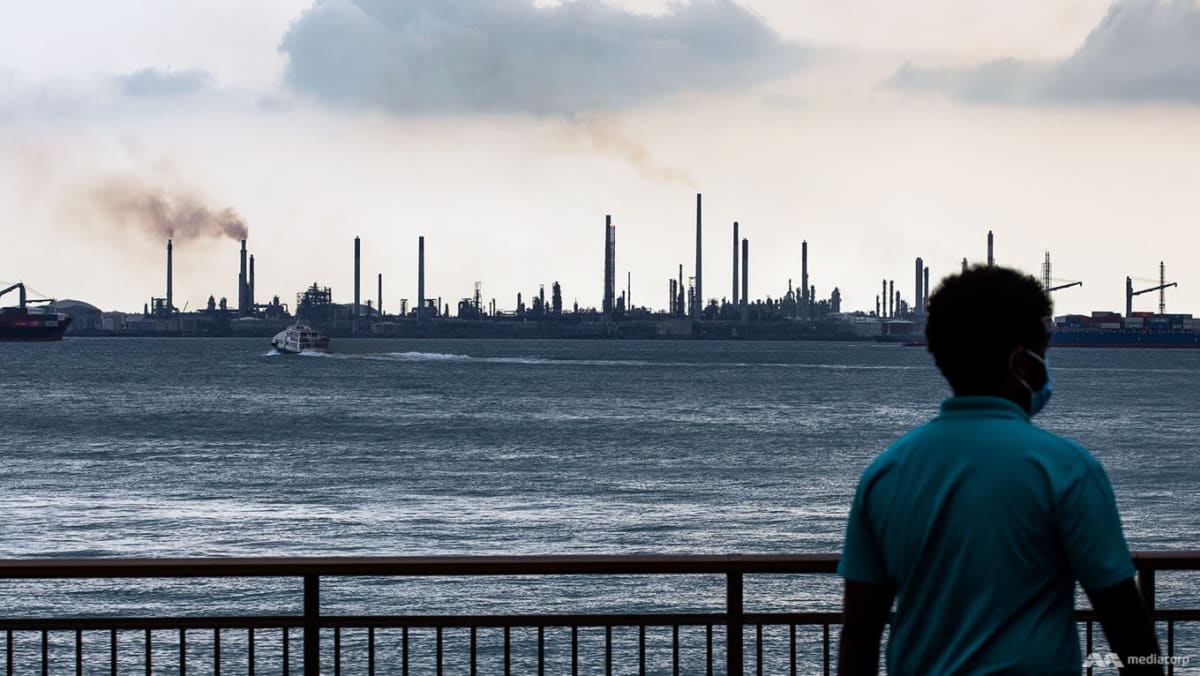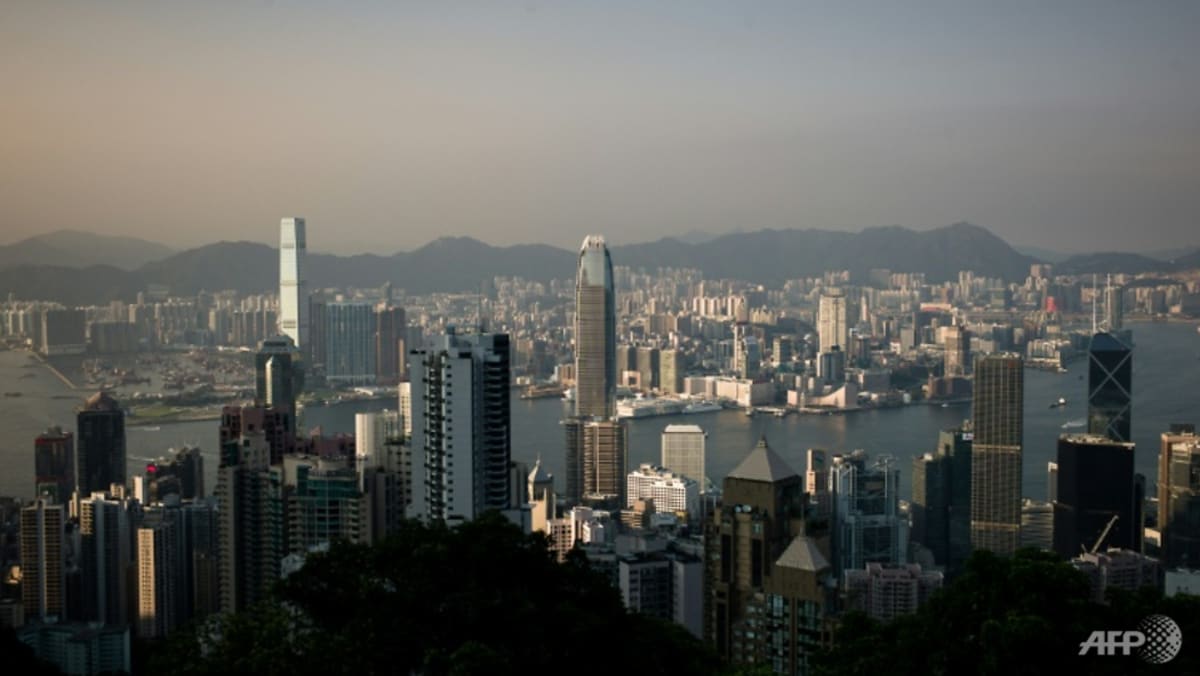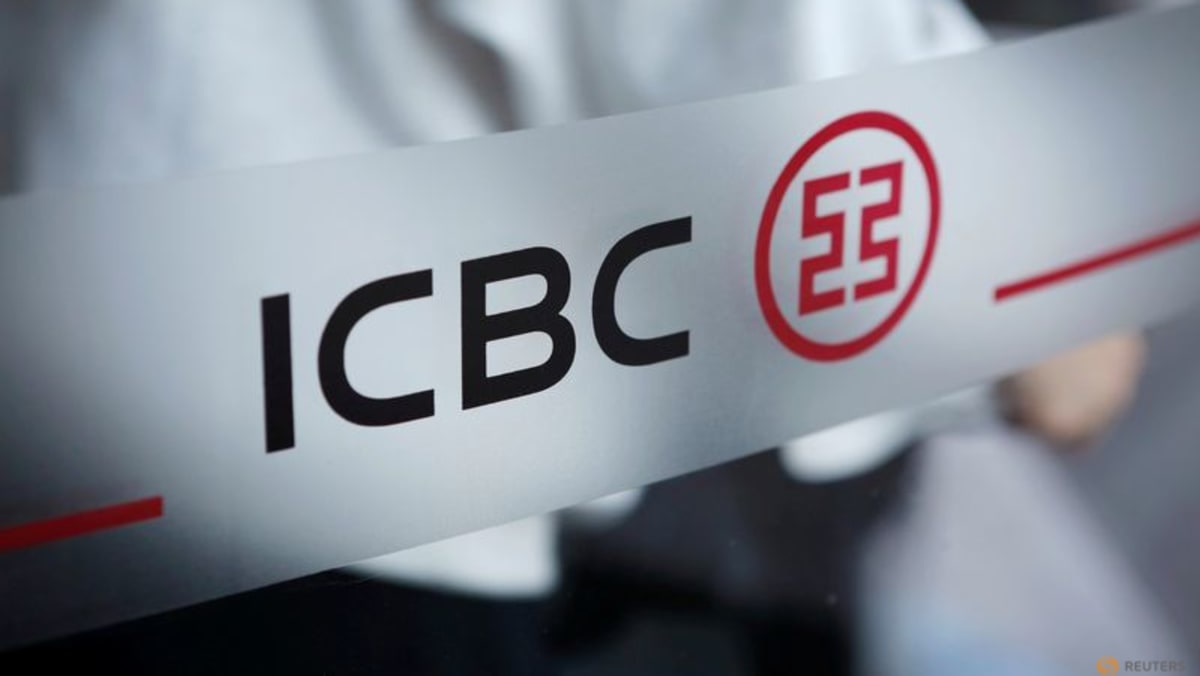
THE CASE FOR CARBON TAX
As nations scramble to fight climate change, carbon tax is expected to incentivise companies to reduce their use of fossil fuels — which release large amounts of carbon dioxide when burned — to avoid paying taxes and turn to renewable energy, said experts.
It is the “most direct and efficient way to price air”, said Dr Thomas. It also provides a substantial source of revenue to be invested in renewable energy, he added.
Nevertheless, the effectiveness of carbon tax is contingent on its rate, which must be high enough to incentivise companies; the time period given for industries to adapt to the tax; and the availability of green technology for industries to tap, said experts.
Dr Thomas said that the experience of other countries has shown that a strong reduction in emissions typically kicks in when the rate goes beyond S$25.
He suggested that Singapore bring forward the revised rates to the mid-2020s rather than 2030, given the “very immediate” cost of climate change such as sea level rise and weather changes.
Professor Euston Quah, who specialises in environmental economics at NTU, however, argued for adjustments to the carbon tax to be spread out over a longer time period, beyond 2030.
He pointed to the constraints facing Singapore in switching to renewable energy. The use of solar energy, for instance, is hampered by limited space, while tapping energy sources through an international grid or pipeline would present energy security issues.
A longer runway with fewer drastic increases in carbon tax prices would give companies time to adjust to the changes, said Prof Quah, who is the Albert Winsemius Chair Professor of Economics.
WHAT COMPANIES ARE DOING
Big emitters which are subject to the carbon tax said that they have already implemented various decarbonisation measures to reduce their emissions over the last decade.
Ms Geraldine Chin, the chairman and managing director of petroleum company ExxonMobil Asia Pacific, said that the firm has introduced a series of initiatives since 2002, which have led to energy efficiency gains of more than 25 per cent and reduced the carbon emissions of its Singapore facility.
These initiatives include the operation of three cogeneration facilities that produce both electricity and steam concurrently. Cogeneration recovers heat energy after electricity is generated to produce steam.
The steam is then used for ExxonMobil’s plant operations in Singapore. This process requires less fuel and emits less carbon than if the steam and electricity were produced separately.
Ms Chin said that its Singapore team is also working to develop a detailed emissions-reduction road map to bring the company’s ambition to achieve net-zero greenhouse gas emissions from its operated assets by 2050 to fruition.
She added that ExxonMobil has long supported an explicit price on carbon and added that a stronger carbon price signal from the Government encourages investments in greenhouse gas reduction.
However, given Singapore’s open economy, it is also important that the carbon tax framework safeguards the competitiveness of trade-exposed industries. They are competing with other industrial facilities globally that have either no, or a lower price on carbon domestically or on their exports, said Ms Chin.
German chemical company Evonik, whose headquarters for its Southeast Asia, Australia and New Zealand operations is in Singapore, said that it also takes climate and environmental protection “extremely seriously”.
Among its efforts to reduce its emissions is a made-to-order power supply solution on its methionine plant on Jurong Island, which gives its complex control over energy management and maximises power efficiency to reduce carbon emissions.
https://news.google.com/__i/rss/rd/articles/CBMieGh0dHBzOi8vd3d3LmNoYW5uZWxuZXdzYXNpYS5jb20vc2luZ2Fwb3JlL2JpZy1yZWFkLWhpZ2hlci1jYXJib24tdGF4LWVtaXNzaW9ucy1nc3QtY2xpbWF0ZS1jaGFuZ2UtZ2xvYmFsLXdhcm1pbmctMjU0MTU1NtIBAA?oc=5
2022-03-06 22:11:30Z
1321129843




